On the nature of art, a life of collecting, and global supply chains
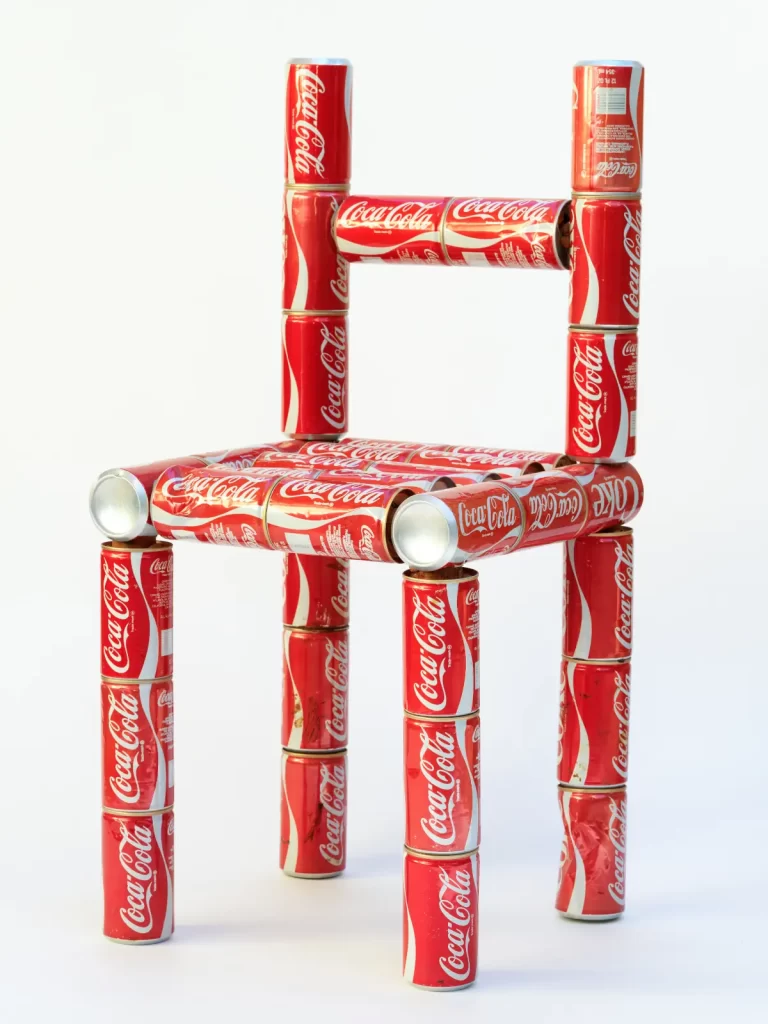
It is an open secret that some of the world’s most prolific art collectors are Greek and that in recent years Athens has reclaimed its crown as the classical centre for the arts, with both artists and gallerists setting up residence in the city. Irene Panagopoulos, the daughter of a Greek shipping grandee, was exposed to art in early childhood.
Pericles Panagopoulos, founder of Magna Marine, was a workaholic, she says, but also an avid collector of oriental rugs, antique maps, as well as works by contemporary Greek and generally Mediterranean artists of the 70s and 80s. He passed some of these works on to his daughter and with them, the collector’s bug.
She was always an ‘artistic-minded child’, she says, but it was a visit to the Louisiana Museum of Art, when she was just 10, that triggered a life-long passion.
The museum has a strong presence of pop art, with works by Warhol, Lichtenstein, Rauschenberg, Dine and Oldenburg, which made a powerful impression on her.
She credits the museum’s then major patron and distinguished art collector, Barney A. Ebsworth, with shaping many of her artistic sensibilities, even more so as he was a close family friend (Panagopoulos senior and Ebsworth were founding partners of the Royal Cruise Line). Through him she acquired a first-hand taste of building a comprehensive and systematic collection.
Irene went on to study art and photography, and was inspired by artists such as Eva Hesse and Robert Smithson. She experimented with fibreglass sculpture and was fascinated with land art sculpting, and conceptual art movements of the 1960s and 1970s. She incorporated water, in fiber glass and found objects in her sculptures.
I ask her to define what being an artist is: ‘Practising and making art as a primary focus.’
Somewhere along the line, Irene started reinventing herself as a collector/patron, rather than an artist. Her focus at that point had shifted towards being involved in museum and art travel groups, visits to shows and museums, and ultimately, patronage.
She began adding to the small collection that her father had gifted her, first acquiring works by Greek artists, and then venturing into the Greek art diaspora, with works by internationally acclaimed Greek origin artists such as Lucas Samaras and Jannis Kounellis.
Her collection acquired a more international dimension and started growing in a more cohesive fashion. And just as her father did before, she fostered a love for art in her own children (her daughter studied art management and her elder son is a collector in his own right).
‘Experience has taught me that creating an eloquent collection takes time as well as building a level of knowledge.
‘Mine is an organically grown collection. It has no dedicated space and is not a part of a formal foundation or a museum, however managing its future is very much on my mind. Many of the early works may no longer express my sensibilities but the collection evolves and has a very precise identity.
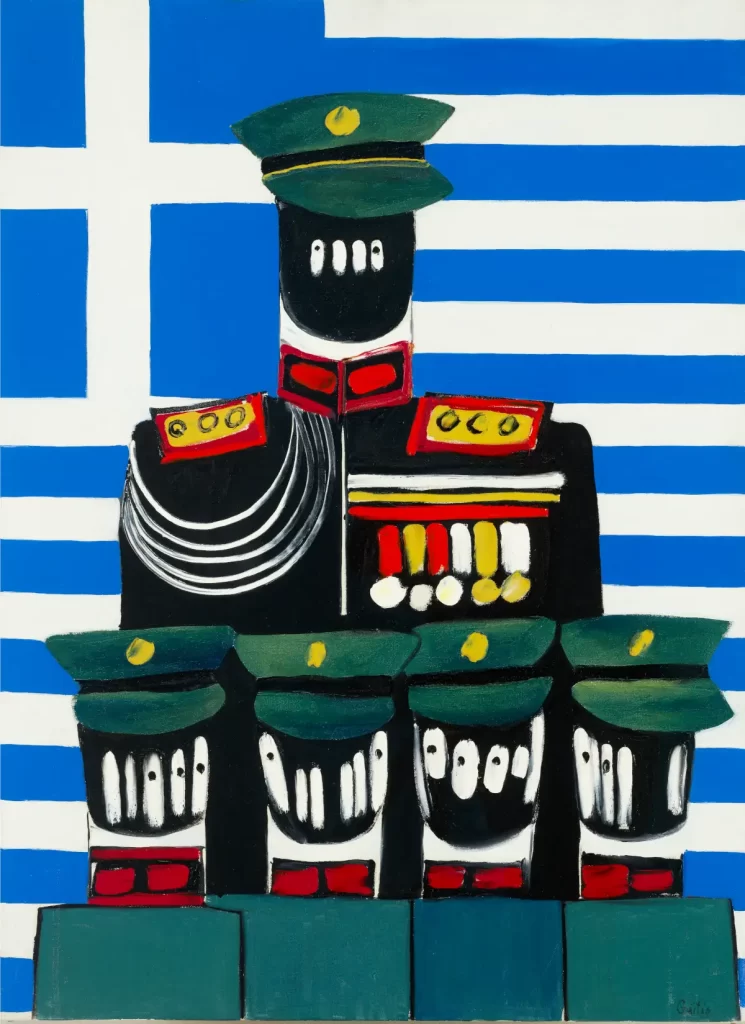
‘I consider myself as a custodian of the art works I collect rather than their owner. I have no wish or ambition to shape the art world, nor do I want to influence the market in any way. In fact, I consider it a duty to be careful not to influence the market.
‘I am aware that some collectors try to accumulate works by the same artists. I have a lot of friends in the art world and we often discuss acquisitions, but I do my own choosing.
‘I believe I have a responsibility to the artists to share my collection and I lend a great deal.
‘I also believe in patronage. Galleries often push artists to be more commercial. Artists should be autonomous and left to create with no interference – that is why there is never enough patronage in the art world.
‘Athens emerging as a contemporary art hub can be attributed to some of the great collectors of our time, such as Dakis Joannou and Dimitris Daskalopoulos, as well as to Documenta 2017. The latter brought many artists to Athens who stayed and brought friends. That, and the affordability component made Athens a happening place, inspirational for the artists who wanted to be a witness to, and a part of the political turmoil in Greece at the time. This in turn brought actors from the commercial world.
‘I don’t own any NFTs because I am not sure I understand the intangible aspect of the technology behind them – even if I do accept and appreciate the many ephemeral art forms such as performance art, for example.’
Article syndicated from BBeyond Magazine.

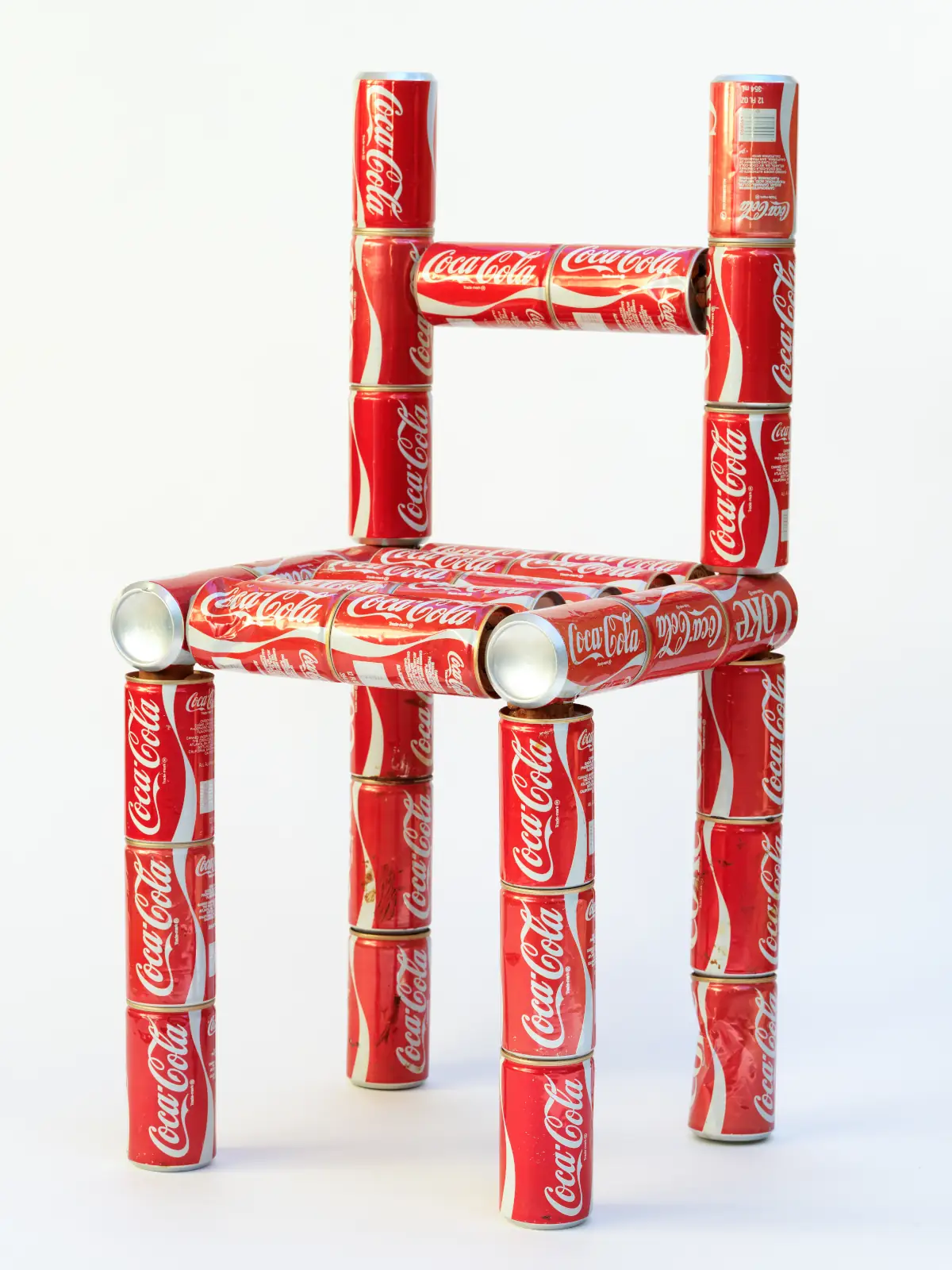
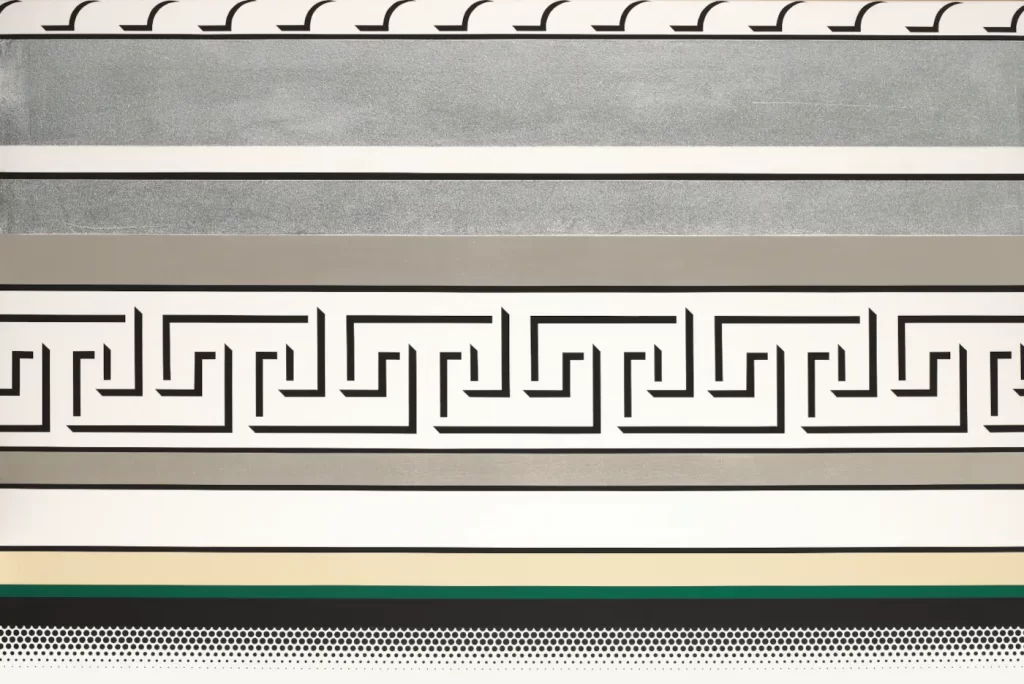
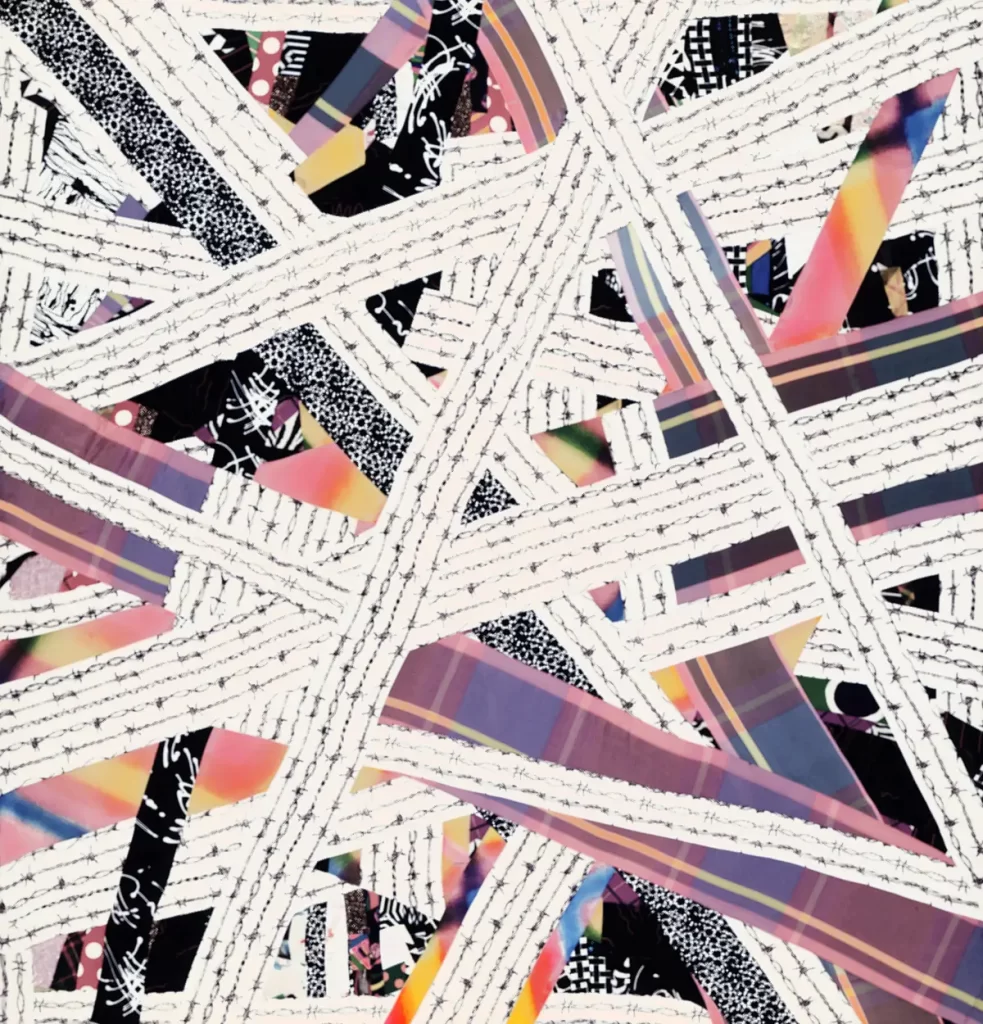
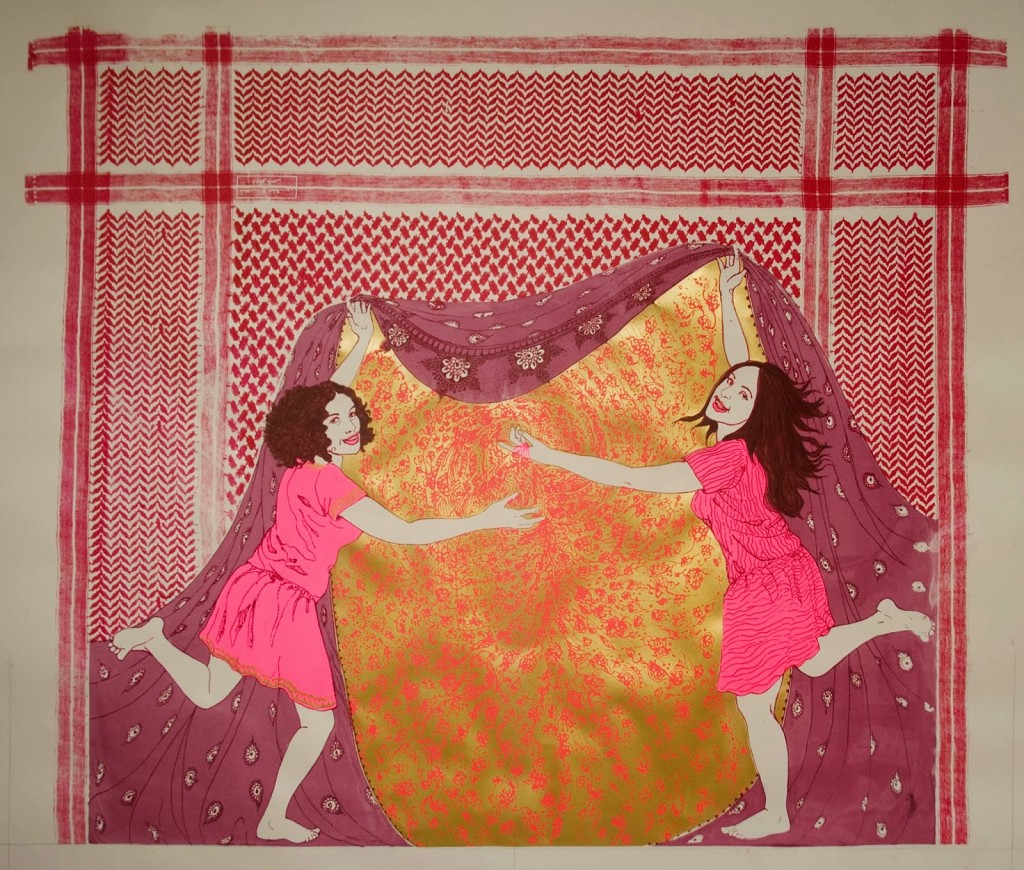
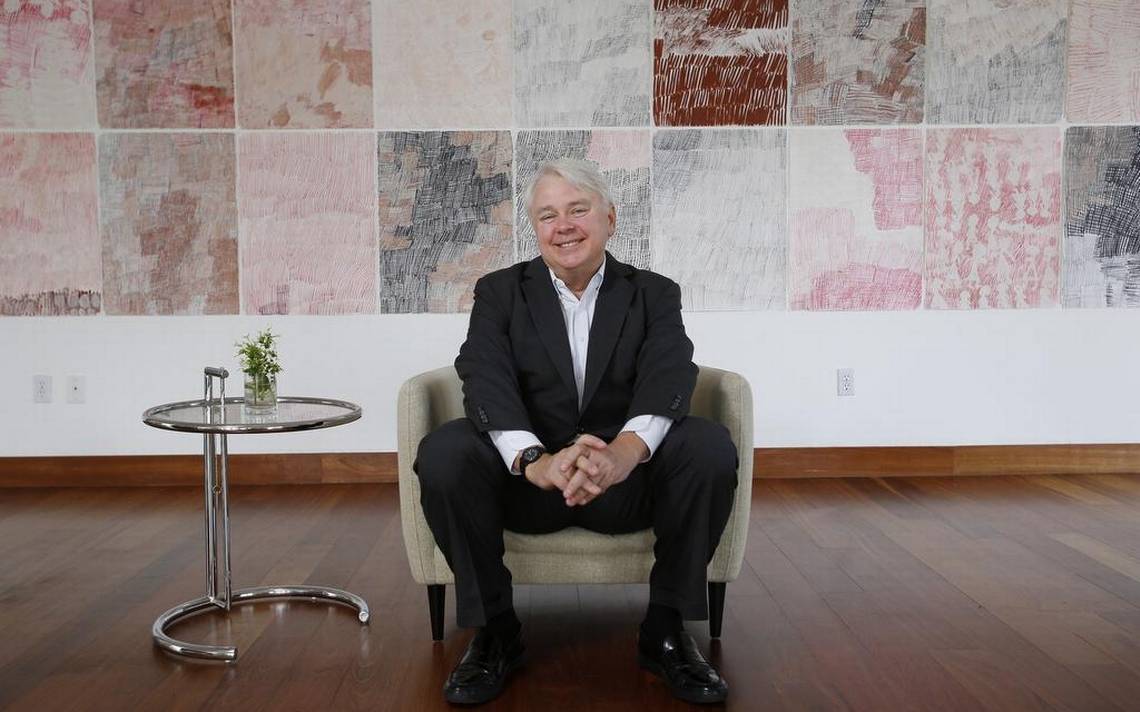
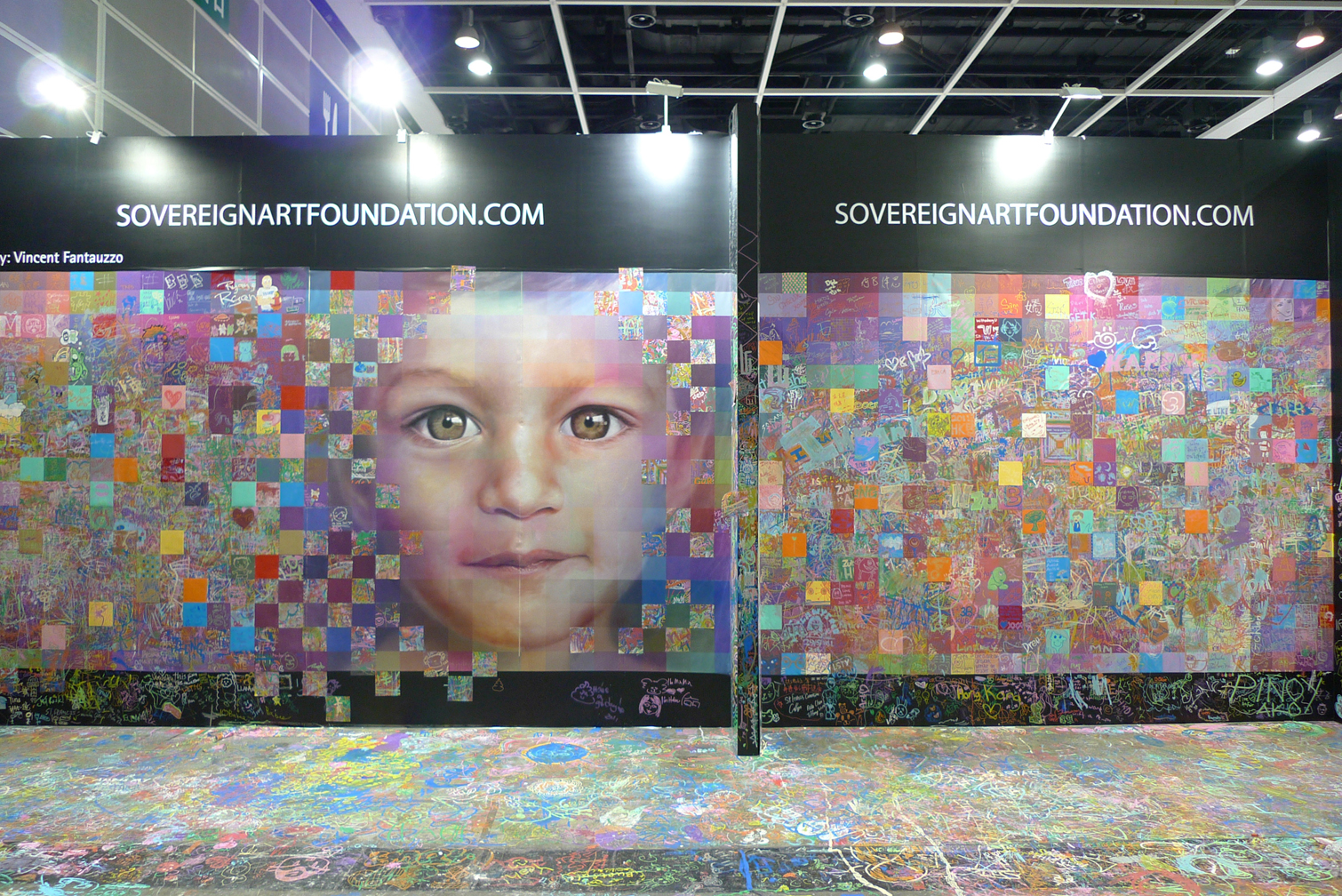
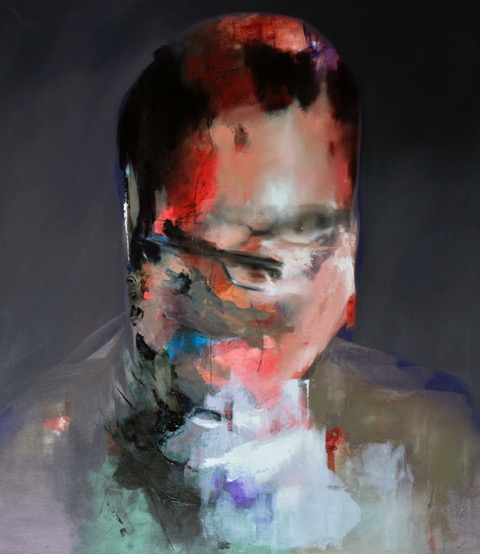
 Saving...
Saving...